- Details
- Written by Super User
- Category: Uncategorised
- Hits: 18825
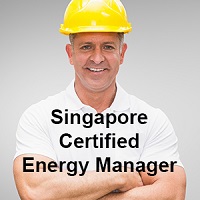 |
|
|
|
The SCEM programme is designed for engineering professionals who intends to build their career as energy managers. It gives a thorough understanding of key energy issues either in building or industry sector. This programme will help participants develop the technical skills and competencies to manage and track energy usage within organisations. |
 Course Objective Course Objective |
A competent energy professional equipped and qualified to perform technical and managerial functions in the areas of:
|
 Course Makeup Course Makeup |
Core Modules
Elective Modules
|
|
SCEM-P: Motor Driven Systems
Next Course Date: 27 - 29 July 2020 READ MORE |
SCEM-P: Building Envelope and Lighting Systems
Next Course Date: 10 - 12 Jun 2020 READ MORE |
|
SCEM-P: Aircon and Mechanical Ventilation Systems Next Course Date: 26, 29-30 June 2020 READ MORE |
SCEM-P: Steam & Compressed Air Systems Next Course Date: 22-24 June 2020 READ MORE |
|
SCEM-P: Energy Measurement & Audit READ MORE |
SCEM-P: Integrative Design for Energy Efficiency READ MORE |
|
SCEM-P: Energy Management & Economics READ MORE |
SCEM-P: Combined Heat & Power Systems READ MORE |
- Details
- Category: Uncategorised
- Hits: 9111
About-Us/Our-Committees/Clean-Energy-Committee

SEAS Clean Energy Committee has been active since 2007 to provide a forum for companies & individuals to discuss issues around clean energy policies, technologies and finance that impact the industry.
Like many countries in Southeast Asia, the abundant sunlight in Singapore, coupled with lower equipment costs, makes solar power a viable, alternative source of electricity for many businesses. The SEAS White Paper showed that solar power is now at grid parity, so it is competitive with traditional sources of energy and will be the leading renewable option for Singapore. Besides solar other options for Singapore will be biomass, biogas and marine renewables.
Asia’s solar energy industry is undergoing formidable growth. Advances in technology and changes in government policies and regulations have driven the industry’s expansion. It’s also been fuelled by lower equipment costs that have increased the potential for savings, making its adoption an economic imperative, not just an environmental issue.
The benefits of using this clean energy are immense and the outlook for the industry is very positive. Especially with options emerging for businesses that cannot afford the upfront costs. Solar leasing allows them to use solar power without having to buy, maintain or install the PV panels. Customers only pay for the solar energy that they use.
The Clean Energy Committee is chaired by Christophe Inglin and vice-chaired by Frank Phuan.
Committee Objectives:
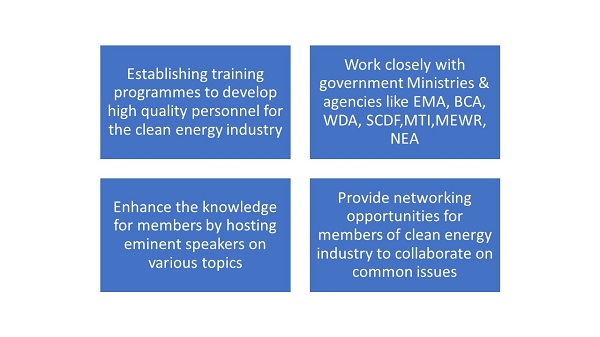
Committee Members responsibilities:
- Review all relevant material before committee meetings
- Attend committee meetings and contribute objective opinions on issues raised
- Support the efforts of the committee by carrying out actionable items after the meeting (if any)
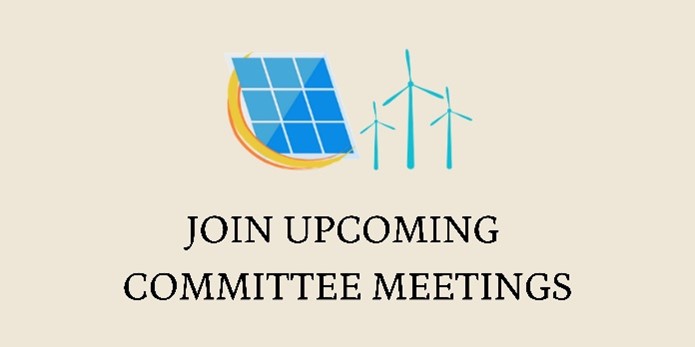 |
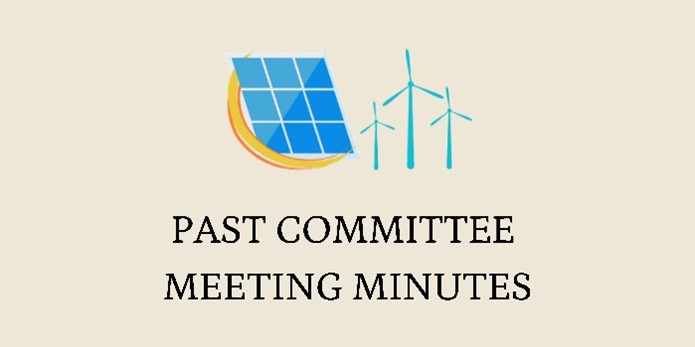 |
- Details
- Written by Super User
- Category: Uncategorised
- Hits: 1412
SEAS endeavours to bring business opportunities to its membership through partnerships and engagement with regional and global associations, multilateral organisations as well as government agencies. By offering advice on grants, market conditions and policies , SEAS can help in the development of sustainable energy technologies and provide support for testbeds and showcase innovations in Singapore.
In addition, SEAS has a strong focus on assisting companies to identify and forge partnerships that can help you leverage the knowledge of local experts in Singapore, and across the region.
The SEAS Enterprise Development programme has also been set up to assist Singapore based companies, in particular SME's, with advisory services, project development and the commercialisation of new technologies. SEAS works closely with government bodies like SPRING & IE to organise Trade Missions and Business Mission & share Business Intelligence reports & white papers to develop markets for members. Our MOU with Jurong Town Corporation(JTC) helps our members to have access to buildings to testbed new technologies and innovations.



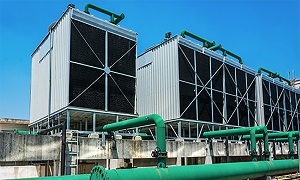

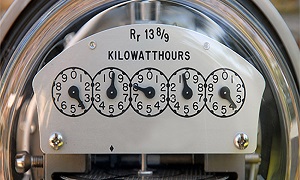 Next Course Date: 20 - 22 July 2020
Next Course Date: 20 - 22 July 2020 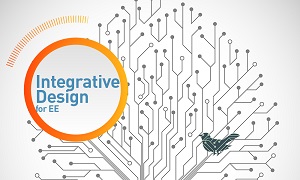 Next Course Date: 13 - 15 July 2020
Next Course Date: 13 - 15 July 2020  Next Course Date: 12-14 August 2020
Next Course Date: 12-14 August 2020 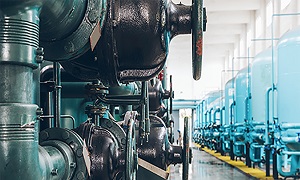 Next Course Date: 17, 18 & 20 August 2020
Next Course Date: 17, 18 & 20 August 2020